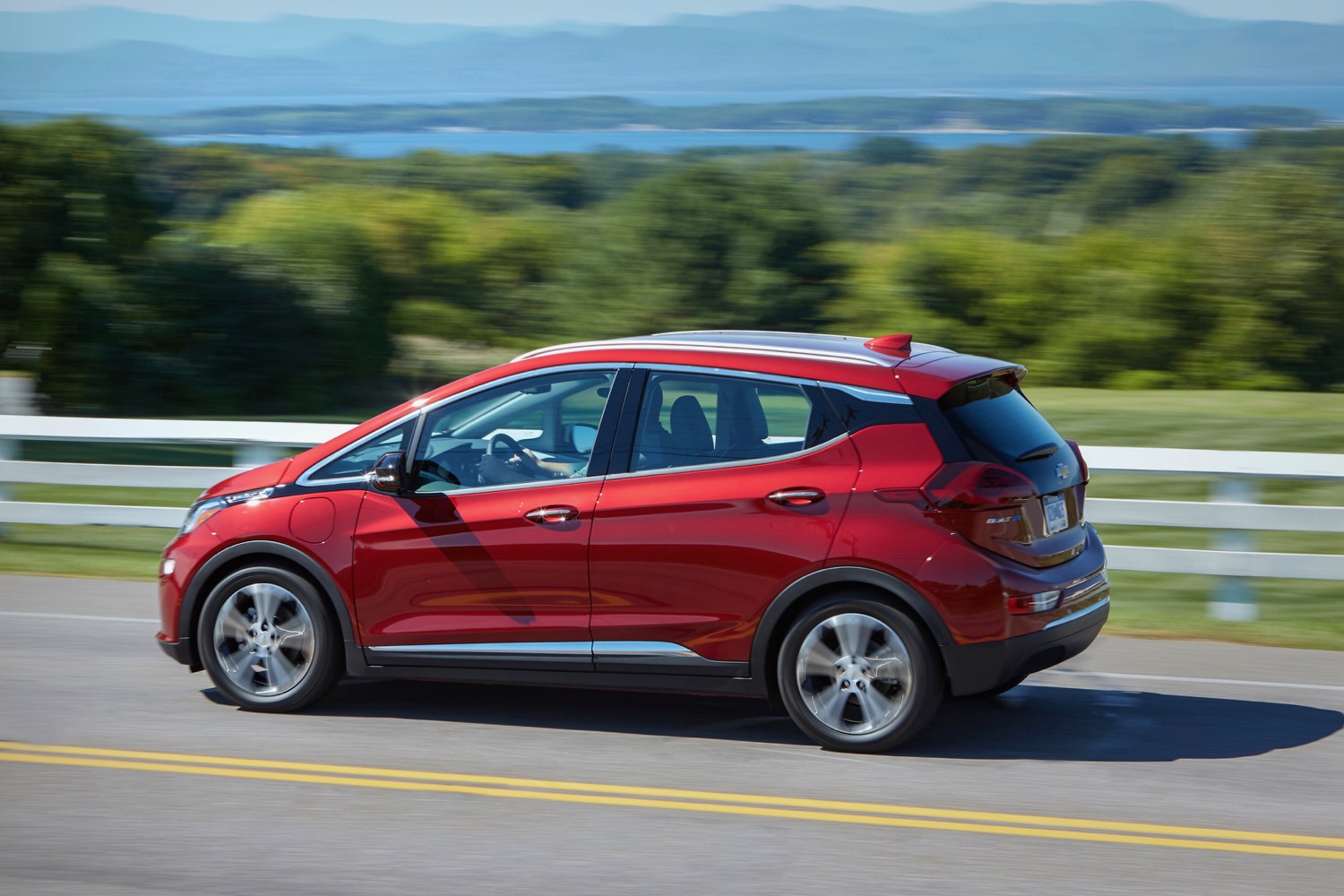
Car buyers may have claimed more than $70 million in electric car tax credits using ineligible vehicles, Bloomberg reports, citing a report from a United States Treasury Department watchdog. The program awards a tax credit of up to $7,500 for the purchase of new electric cars and lower amounts for plug-in hybrids.
The questionable tax-credit claims were found in 16,510 tax returns from a five-year period through 2018, according to an audit from the Treasury Inspector General for Tax Administration (TIGTA). Returns from almost 240,000 taxpayers were reviewed as part of the audit, encompassing $1.4 billion in credits, according to Bloomberg. Exactly how taxpayers claimed credits for ineligible vehicles was redacted from the version of the audit obtained by Bloomberg, but the audit found that the Internal Revenue Service (IRS) isn’t equipped to identify false claims.
“Although the IRS has taken steps to address some of TIGTA’s previous recommendations to improve the identification and prevention and erroneous credit claims, many of the deficiencies previously identified still exist,” according to the audit.
Auditors made four recommendations to the IRS, which agreed with the findings, according to Bloomberg. The agency will also reportedly undertake a program to recover erroneously issued tax credits.
The credit program was created to jump-start sales of electric cars and plug-in hybrids. As the full credit can virtually erase the price premium electric cars often have over gasoline models, it has become a powerful tool for increasing sales. Some states and local municipalities offer their own incentives alongside the federal tax credit.
The most a car buyer can claim is $7,500, for an all-electric car. Plug-in hybrids qualify for lesser amounts, based on the size of their battery packs. A tax filer’s personal financial situation may also affect the amount of the credit. The amount is also keyed to the number of qualifying cars a manufacturer has sold. Once an automaker reaches 200,000 sales, the credit begins to phase out. Beginning with the second calendar quarter after an automaker hits the 200,000-unit mark, the credit is halved until it disappears entirely.
Tesla was the first automaker to trigger a phase-out of the tax credit, and its electric cars now qualify for a credit of just $1,875. General Motors hit the limit shortly after Tesla, so as of October 1, a new Chevrolet Bolt EV qualifies for the same $1,875 credit as the Tesla vehicles. Tesla’s tax credit will disappear at the end of 2019, while GM has until the end of March 2020.


